Kenyan farmers embrace organic farming for enhanced yield and soil health
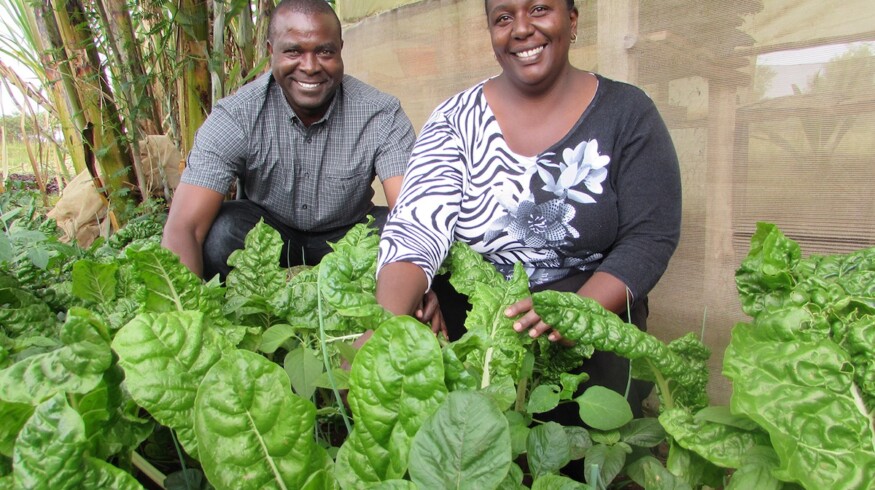
In Kenya, smallholder farmers are being urged to adopt organic agriculture practices as a strategy to maximize yield from their limited land while simultaneously nurturing biodiversity and maintaining soil fertility. Sam Nderitu, the founder of the Global Intensive Agriculture Centre of Kenya (G-BIACK), emphasizes that organic farming, by virtue of its reliance on biodegradable inputs, plays a crucial role in soil fertility preservation and enrichment.
G-BIACK has played a pivotal role in training farmers in agroecological farming methods, equipping them with the skills needed to fully exploit their land’s potential. This approach is aimed at reducing poverty, enhancing food security, and improving overall living standards. Nderitu highlights that organic farming, being a sustainable form of agriculture, relies on resources readily accessible to farmers, thereby offering healthy, safe food options and contributing to climate change mitigation by avoiding the use of environmentally harmful pesticides.
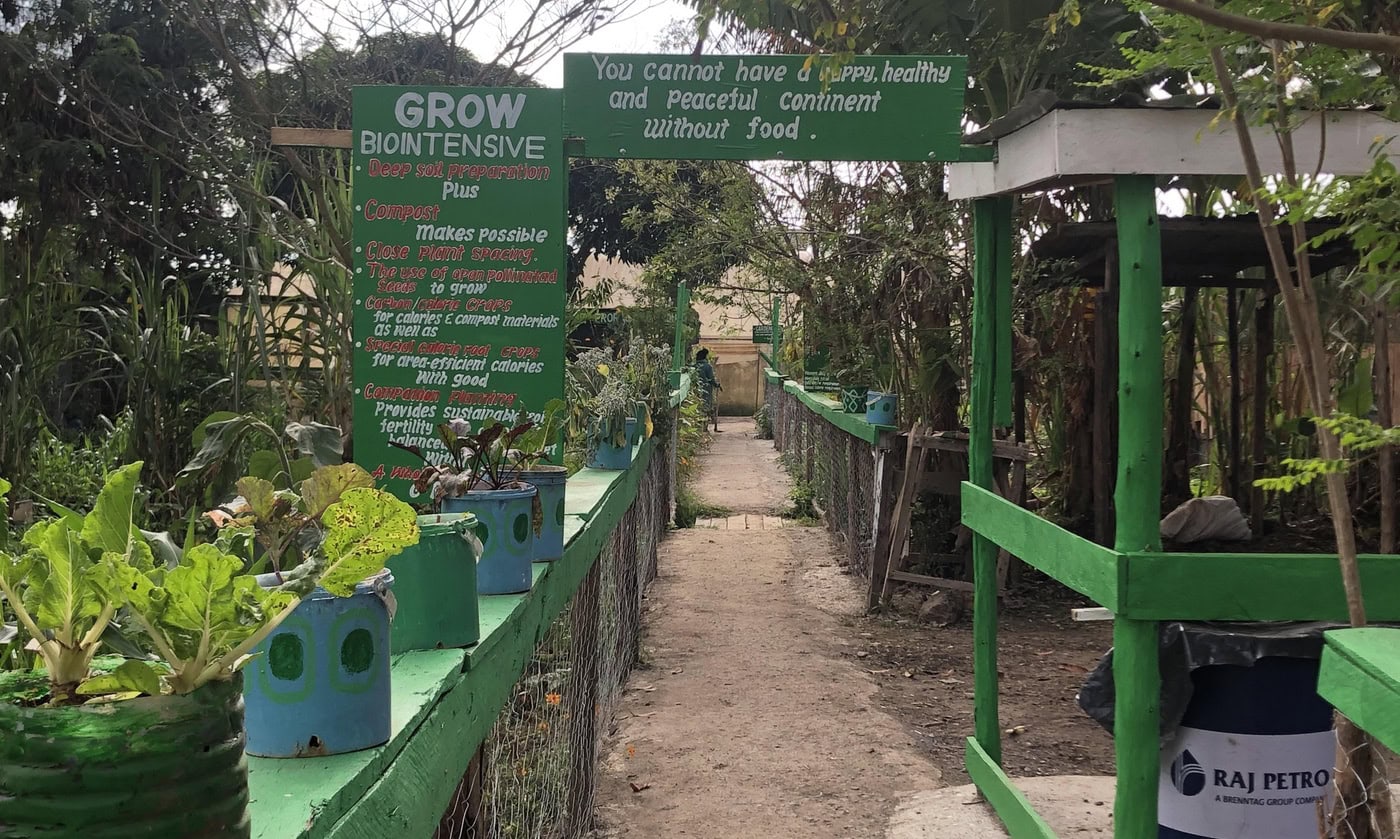
The transition to organic farming, however, is a gradual process that can take up to six years, according to Nderitu. This transition involves a significant investment in organic matter to cleanse soils of residual chemical fertilizers and improve soil acidity levels. Nderitu notes the country’s shift towards becoming a net food importer, a situation exacerbated by soil infertility due to prolonged chemical usage.
In addition to soil management, Nderitu and Emmanuel Atamba, CEO of APSID Consulting, stress the importance of agroecology in the context of global food security and climate change. They call for a paradigm shift in agricultural practices, aligning more closely with nature and focusing on agroecology as a potential solution to the climate crisis.
Atamba emphasizes the need for government support in this transition, advocating for investments, advocacy, and policy direction towards sustainable agriculture. He argues for a holistic approach involving consumers in the conversation, urging them to make informed choices about their food based on environmental and health benefits.
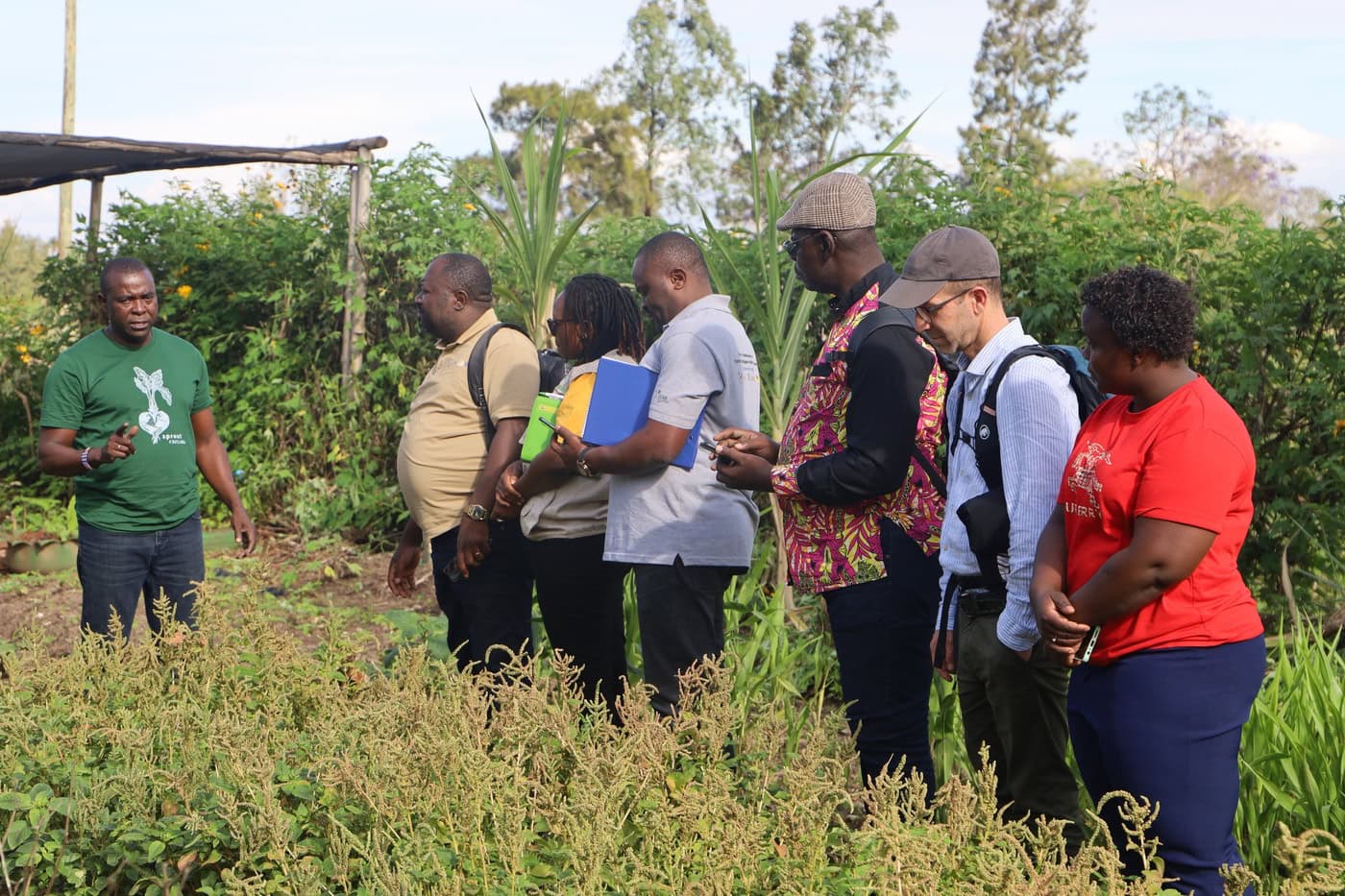
As the 2023 COP 28 conference approaches, both Nderitu and Atamba underscore the importance of including agroecology in global discussions on climate change and sustainable food systems. They view the conference as a critical platform for shaping global strategies to address the climate crisis, with agriculture playing a central role in both the challenges and solutions.
Enjoyed this story?
Every Monday, our subscribers get their hands on a digest of the most trending agriculture news. You can join them too!











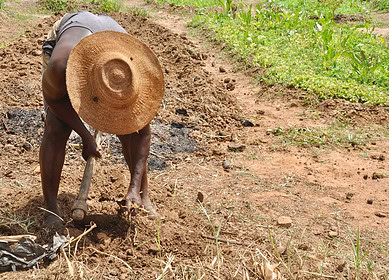
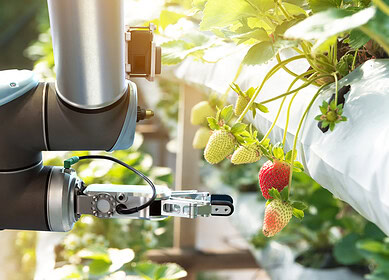
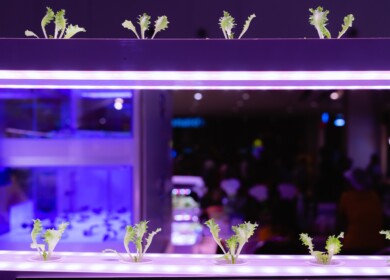
Discussion0 comments